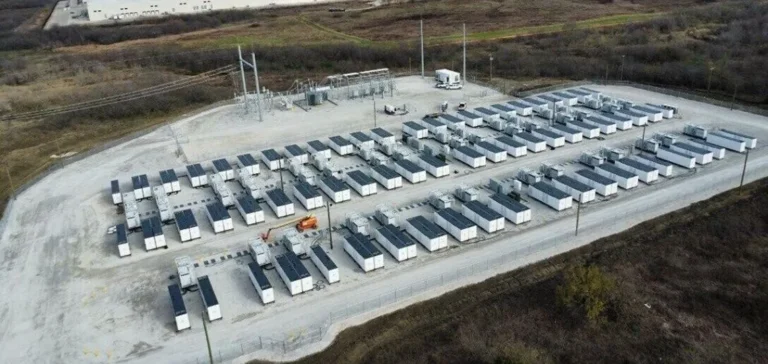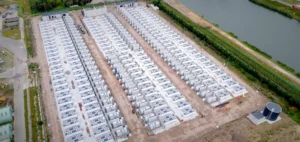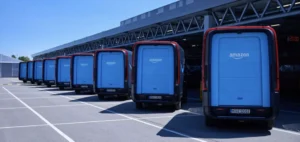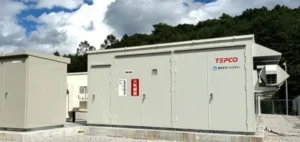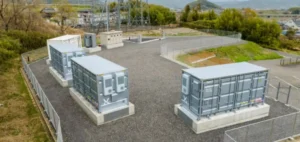The Philippsburg energy site has been undergoing major transformation since the gradual shutdown of its nuclear installations, which began in 2017 and continued through 2020. EnBW has detailed a project to install a battery storage system at this site, offering 400 megawatts (MW) of power and a capacity of 800 megawatt-hours (MWh), designed to absorb and release electricity primarily from renewable sources. According to the operator, this system could meet the daily electricity needs of around 100,000 households.
A strategic hub for grid balancing
Located directly next to the direct current converter station built by TransnetBW, the future installation will benefit from a direct connection to the high-voltage electricity grid. This converter, integrated into the ULTRANET transmission line, facilitates the transfer of electricity produced by wind farms in the north of the country to southwest Germany. The synergy between this infrastructure and the new storage capacity aims to increase grid flexibility in the face of renewable generation variability.
Battery technology is set to play a central role in adjusting supply and demand in real time. Peter Heydecker, board member responsible for sustainable generation infrastructure at EnBW, explained that “the mission of large-scale battery systems will be to balance weather-dependent electricity generation and the demand from households, businesses and industry, in addition to hydrogen-ready gas power plants.”
Self-financing and project timeline
The Philippsburg project is notable for the absence of public financial support. EnBW is relying on the commercialisation of stored electricity as well as services dedicated to grid stability to make the investment profitable. Existing infrastructure, including the grid connection and site energy equipment, are advantages expected to facilitate the project’s completion without the challenges of a greenfield site.
TransnetBW has confirmed that the grid connection will be available for a possible commissioning in mid-2027. The final investment decision and building permit are still pending. According to the mayor of Philippsburg, Stefan Martus, the municipality will thus continue its historic role as a major node in the national energy supply.
Outlook and next steps
The entire project is based on the reuse of land already dedicated to energy, regardless of the ongoing dismantling of the old nuclear reactors. If all administrative steps proceed according to schedule, operations could begin by the end of 2027, further strengthening national storage capacity and supply security during demand peaks or fluctuations in renewable production.


